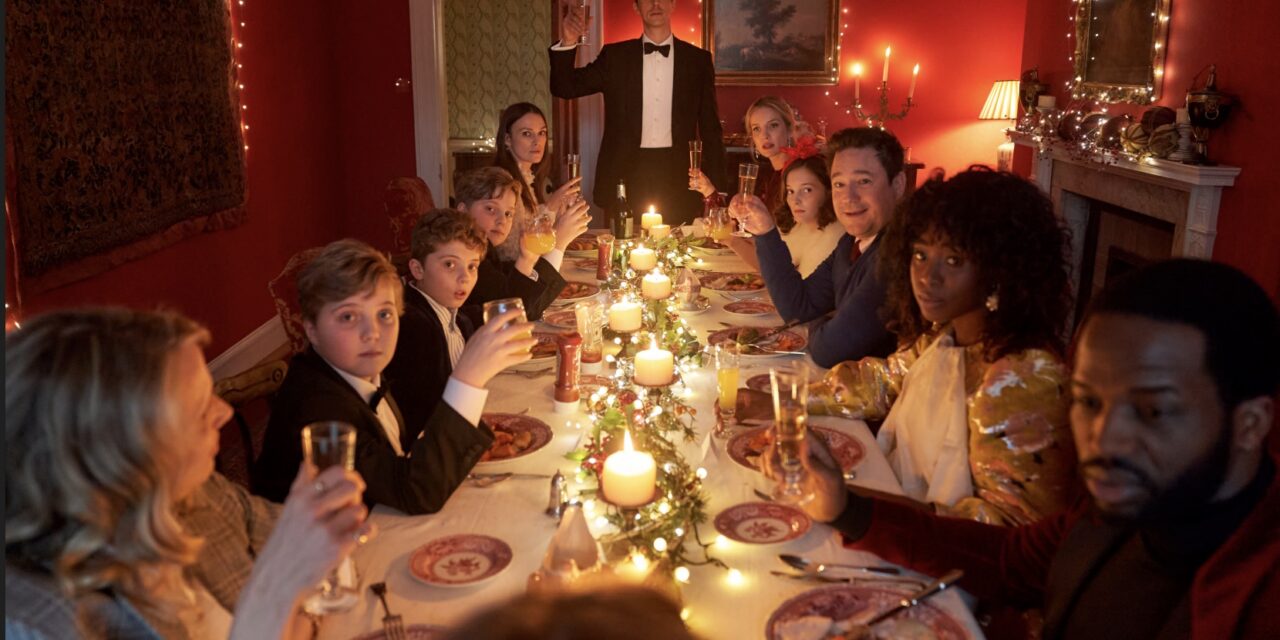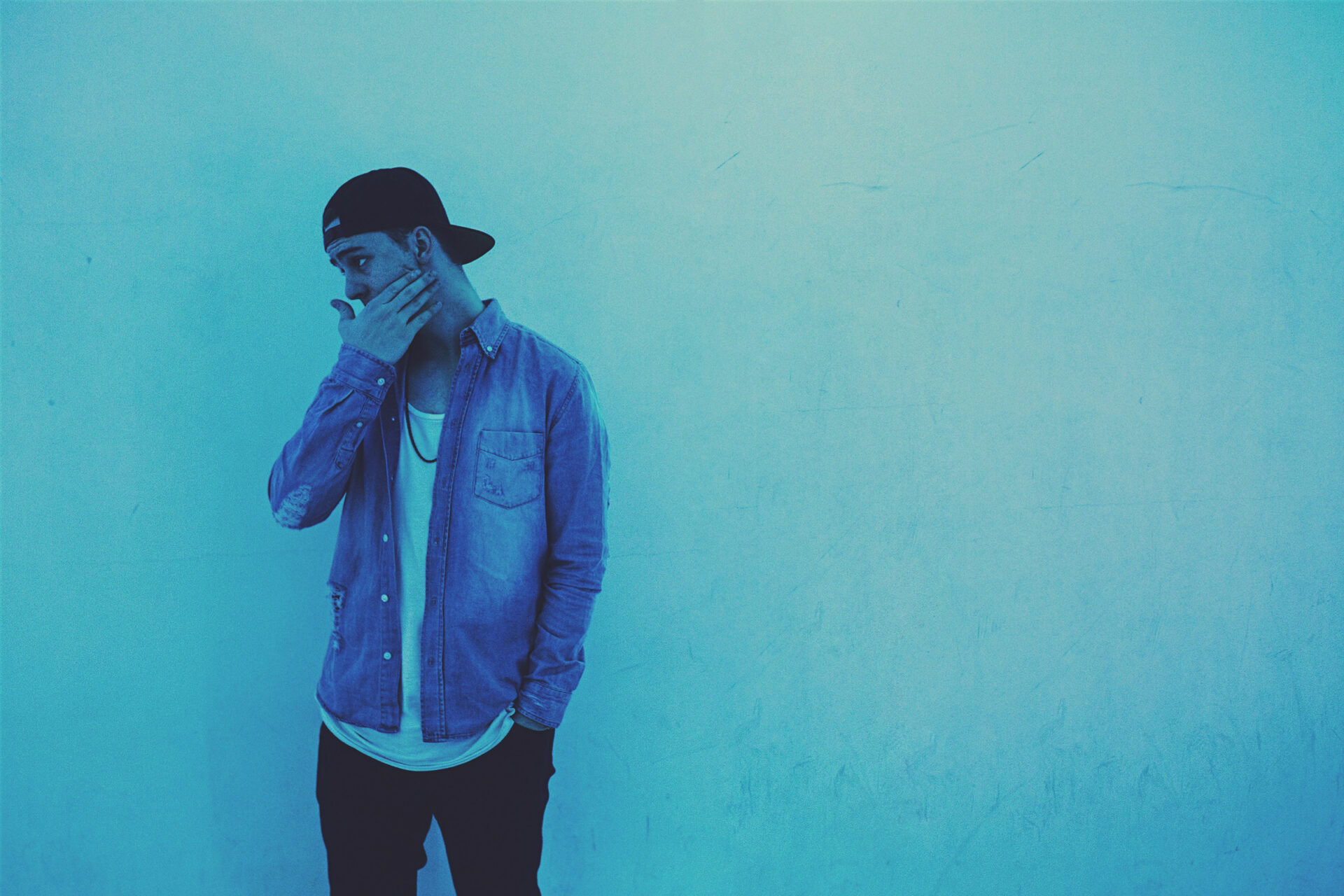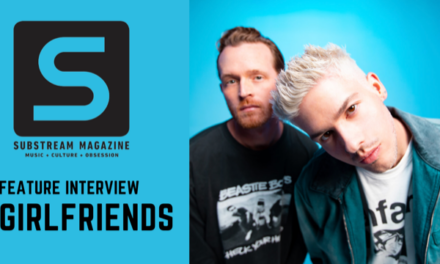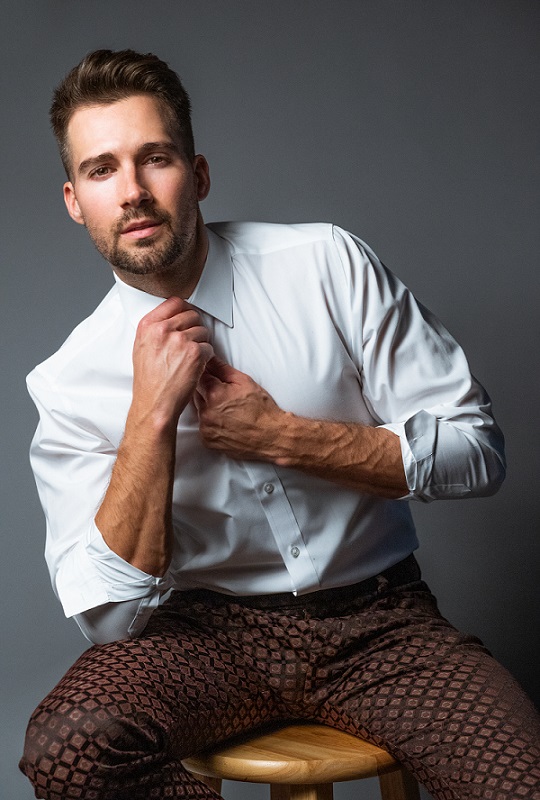The Christmas season is full of wonderful things – Santa, Candy Canes, snow, Mariah Carey’s “All I Want For Christmas” played around the clock. It’s a time of giving, love, and where you spend time with those who are closest to you. Now, imagine this and the end of the world was the next day. How would you choose to spend it then? Would you pretend as if nothing was happening and indulge yourself in holiday bliss? Or would you try to fight off the end from coming? First-time writer/director Camille Griffin’s Silent Night presents itself with a black comedy tone. Boasting an all-star cast that includes Keira Knightley, Matthew Goode, Annabelle Wallis, her sons, Roman Griffin Davis, twins Gilby, Hardy, and more.
On a particular Christmas Eve, a long-standing group of friends gets together for an extravagant holiday celebration in Britain. However, the darker undertone is that they plan to all commit suicide, as it’s believed the end times are right around the corner. Griffin presents this scenario with a lot of interesting questions regarding parents and their relationships with their children. Of course, we always look to our parents as authority figures, but children are capable of forming intelligent thoughts from themselves. Aren’t their inputs valuable, especially when it comes to the ending of their own lives?
We spoke to Griffith about her comedic/horror film, her premise, and how the conversations with her children formed the plot.
Spoilers for the film ahead
With Silent Night, there’s a juxtaposition between Christmas time and the end of the world. Everybody is getting together with a lot of long-standing history. Nothing seems wrong. There’s a lot of glamour and celebration. Come to find out; the world will end the very next day. Was that conscious to set those two times against each other?
Camile: Yes, very conscious. I have always had this source of conflict of the landscape I was brought up. It’s taken me a long time to get to make a film. I’ve been trying for 20-odd years, and all my materials have always been about kind of challenging the middle classes, the privileged, value systems, and hypocrisy within it. That’s always been a sticking point for me – the dysfunction of the middle classes and how they don’t get criticized and questioned as much. It’s been a source of inspiration. I think everything I’d written was a bit bleak and melancholic. Then, my son had that experience on Jojo Rabbit, and I saw Taika [Waititi] use comedy.
It was like a light bulb went off. I was like, “Wow, if I use comedy, I can talk about anything.” I wanted to parody and draw attention without being a bore and preachy. I tried to look at the values of white privilege, in a sense. So in England, they make working title movies, the Love Actually’s,’ the Richard Curtis films, or make kitchen sink dramas. Also, Andrea Arnold’s films and period dramas. I thought, “well, I should take the genre representing my class system.” That is the expectation of a working title movie. My volume is turned up regarding experiences of the world. My personality is relatively high, so I can tolerate pain – maybe more than some people. I don’t know. I feel like I’m always on the edge of pain and hope. So, I thought the great thing about Christmas is it’s a place where we all want to be better. We think about people we’ve abandoned or let down and how we can be better people. It’s what Christmas brings and is hard-wired into us from childhood. Christmas has to be the moment where we will become good and decent, and there’s hope.
For me, it was always balancing the absurd and horror of the truth. “Hey, everything’s nice, sit down, have a cup of tea, and shut the fuck up.” So, it had to be Christmas. Those are two opposites, despair, and hope. Christmas is the hope, and despair is the apocalypse. I’ve always been drawn to the movies I like. Like I can enjoy a Polanski film, and I can enjoy an action movie. I loved Independence Day and The Day After Tomorrow. I was brought up on French cinema, where I fell in love with cinema. So for me, the French do well. They parody the middle classes all the time. With British cinema, they don’t enjoy doing that much. They don’t like looking in the mirror so much.
I noticed everything you stated about the caste system. Sandra (Annabelle Wallis) is very bougie and high maintenance. Then you bring in an additional element like Sophie, who’s kind of not intertwined with everybody. All the ladies are kind of catty towards her. I leveled with her perspective on the outside, saying, “okay, something is wrong. This all feels strange, and children are being brought into this.” Are there other characters you had in mind that are from the audience’s perspective?
I have three characters who are supposed to represent the audience – there’s Lily’s [Rose Depp] character Sophie, Kirby’s [Howell-Baptiste] character, Alex, and then there’s Art. Right? I don’t know how you’re brought up, but we were brought up to be seen and not heard. That was the old-fashioned British thing. A child can be seen and not heard. So the point is, one thing I’m talking about is allowing children to be heard – to give them a voice and to allow them a choice. Alex’s character, Kirby, is supposed to be a mirror to all the atrocious behavior.
See, I went to boarding school when I was seven. And we had kids from Malaysia, from China, and from parts of Africa. They were then put into this white environment. With James, like these are his people, but they’re not. So, he has his he lives between two worlds – his truth and the truth of where he was brought up. There are elements of racism in the film. I didn’t want to make a race film, but I wanted to be truthful. So nothing is unconscious.
Now, the landscape that the film landed in was not deliberate because I couldn’t predict there was going to be a pandemic. What I like about James’s story, and I hope it has come across, is that he has chosen his version of the truth. That is Sophie’s character, and she belongs to both worlds. She belongs to the world of truth, and she can fit into this world, but she doesn’t fit. She’s an outsider. So there are the outsiders, which are Art and those three characters. So, that was intentional.
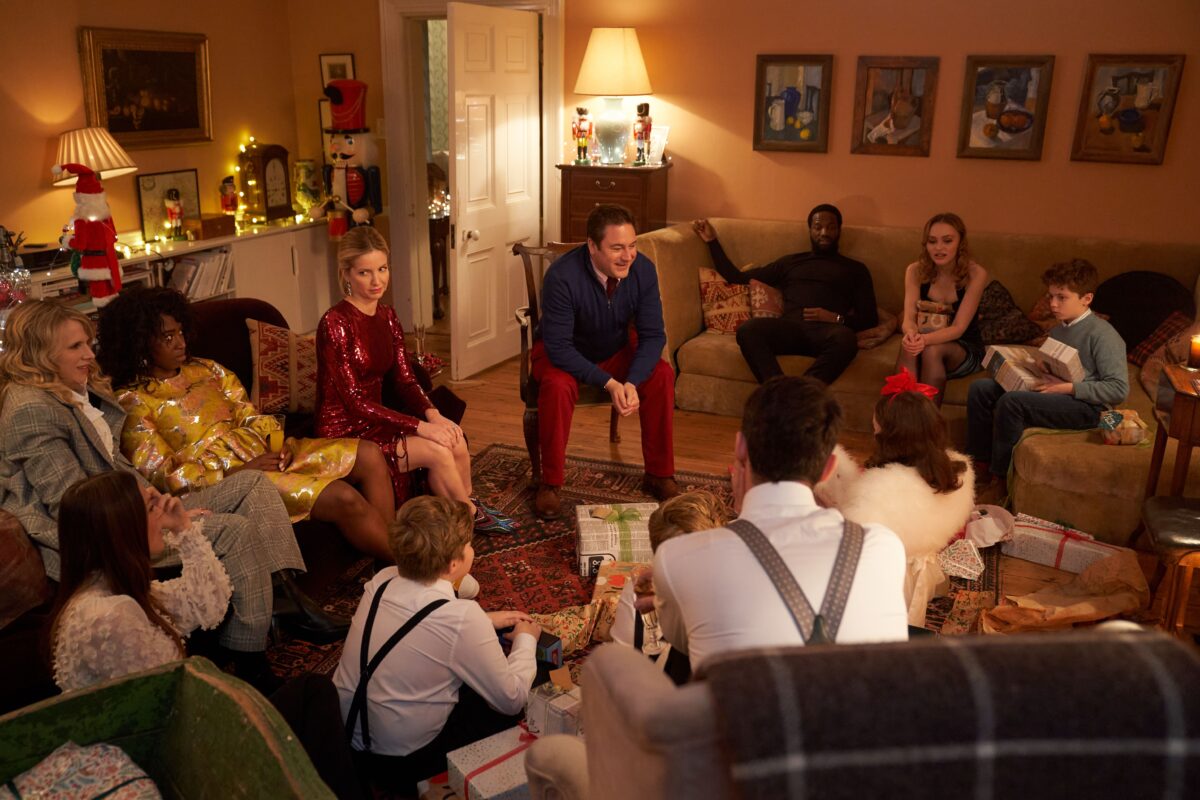
Photo Credit: RLJE Films
Art’s performance in Silent Night is brilliant, especially with the dinner scene. He goes off on the adults with Kitty, asking how they could let this happen. His parents, Neil and Simon, said, “Listen, like, we’ve chosen this; there’s nothing we can do.” Art retorts, “I don’t want to die. I’m young. Isn’t there something that we can do?” It’s all unfortunate.
I’m a very flawed person, and I want my children to know that. I make many good and bad decisions because I also bring my trauma into my parenting. So, I want them to know when that happens; it’s not right. They can make different choices. I was traumatized as a kid, and I knew it was wrong, but they would admit they were wrong. So, I had this ongoing conversation at home with my kids. When I make mistakes, I’ll say I made a mistake. I want them to challenge authority, me, and the world. But I want them to be good because I also know I give a shit, right?
So, that poor boy is very painful, but I think all the characters represent a part of me. I was saying earlier: when you have a dream, the Jungian analysis believes that you’re everyone in your dream. So, when you write a script, of course, everyone is you – they come from your mind. So, Art represents the experience I had as a kid. Obviously, I wasn’t living at the end of the world. It’s a very important balance. Keira [Knightley] said something very clever. She was like, part of the reason she liked this project was because it is a female perspective on the world’s end. When you see the end of the world movies, you see a load of people trying to stop the comet coming, or they all jump in spaceships.
Actually, what can you do when the inevitable is coming? You can’t do much about it. So, I understand the parents’ point of view, which is sometimes we can’t do anything. This is the way we live, and we’re just going to make it nice. So, I think there’s some truth in that. The bigger truth is like, well, that’s fine by you, but it’s not okay with me. I don’t want to live their life, and I want to make my own choices. So, it’s it is heartbreaking. Some people think it’s simplistic storytelling, but it’s supposed to be told from the eyes of a child. For a child, it’s so ridiculous. What do you have to do to be heard? So, it’s chosen to be told simplistically, but the message is supposed to be much more complicated,
I got that, especially when he talks to James and his profession. It’s James’ job to save lives, yet he’s ending his own and letting everybody around him end theirs. These adults have all given up, even though things contradict what they are doing. I felt that was a powerful scene that sums up a core issue of the film.
Sope [Dirisu] is an amazing actor. There was one line in that scene where he was like, “I can’t make this better for you.” He struggled with it because he said, “it’s cruel.” I said, “Sope, being a parent has to be cruel at times because you can’t always make it better for everyone.” You can’t pretend the world is all perfect. I love him for that because he was like, “I don’t want to say this to a kid.” I’m like, “It’s the truth. It’s your truth.” Everyone in that film is doing what they think is right – even if it’s not right. The point is, we can sit and argue about what we should all do and how we should all be. But let’s also allow people their truth, even if as moral or immoral. What I think is interesting is that I tried to put everyone’s argument across, and the actors were very honorable to the process. They gave so much because it wasn’t easy.
The actual end of the world is left up to the imagination. There’s an ominous cloud that comes, but it happens at nighttime. So, it’s ambiguous how the end of life as they know it takes place. Disaster movies usually come with big imprints of devastation, but you are kept guessing here.
So, I started writing when I was very young. I watched a lecture by Robert McKee, who wrote a book called “Story.” I remember he talked about aliens and the rules of the world. The rules are always tricky. I did different drafts, and Keira said something interesting. The producers gave me notes, and she read the job. She said, “Why are you trying to explain what the fuck is going on out there? Don’t explain it. It doesn’t matter. Let’s stay with this belief system.” The truth is that poison is going to kill everyone.
But the reason the boy survives is that it’s an emergency. It’s a state of emergency. This has been happening for a couple of weeks all around the world. They haven’t had the time to analyze. If some kids have survived, the parents aren’t around to say, “my kids are alive.” The kids aren’t calling the government going, “I’m alive!” When Art challenges the question about taking the pill, he’s like, “how do we know the unknown?”
The point is, the threat is real, but there’s always the gray area of the unknown, right? When I started psychotherapy years ago, I learned that there’s a belief to become truly conscious, you have to learn to live with suffering. What Art is saying is I’m prepared to suffer for humanity. The adults are saying, “fuck humanity, let’s just make our life a bit easier.” It’s a straightforward message. I’ve tried to overcomplicate things in the past, but I think the film is simple. That means that you can add layers and talk about more complex things. We made the film, and there was a debate about what the cloud will look like, the preamble of the poison, and the rules. Those are things you can play with and try to work out.

